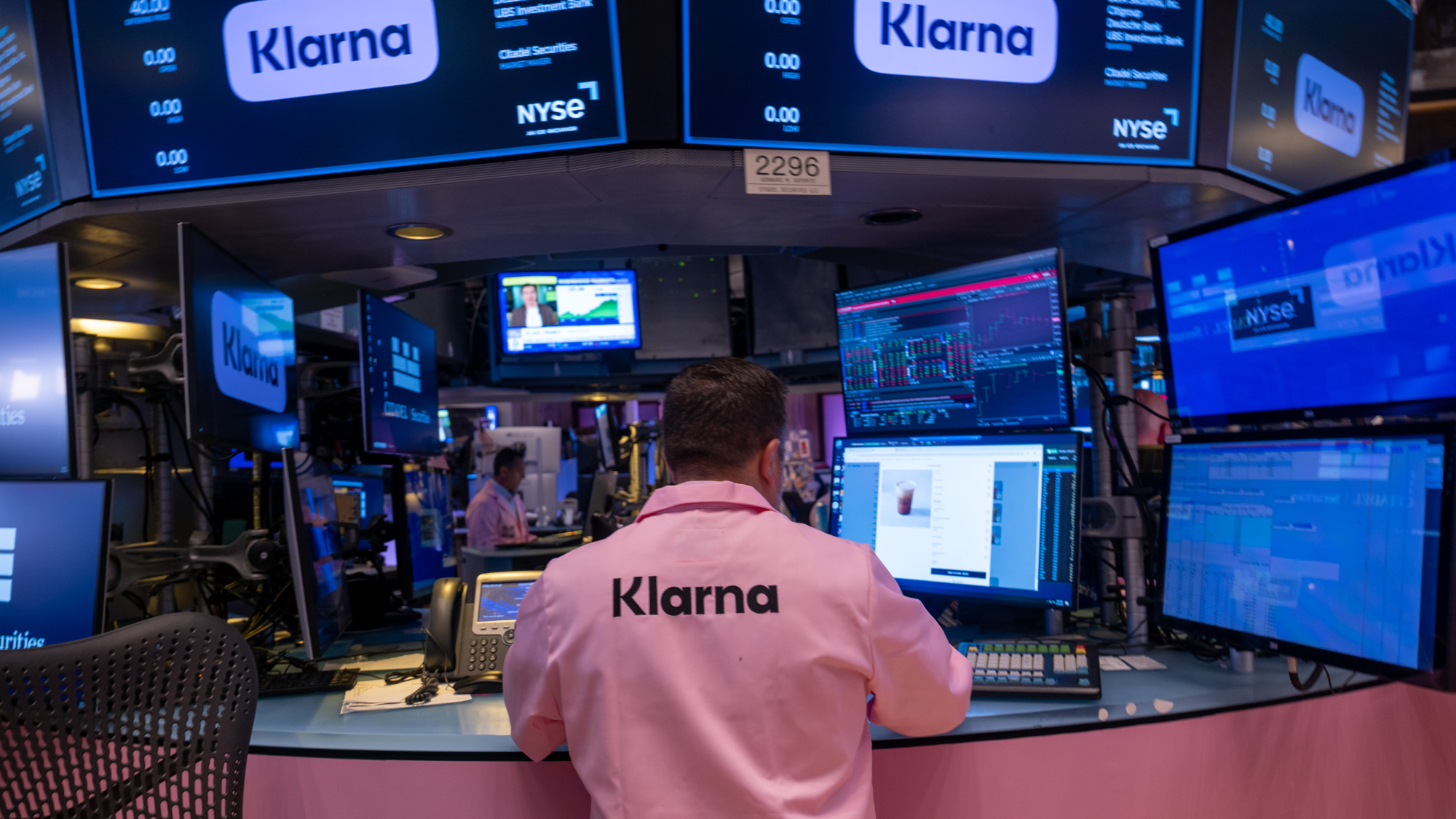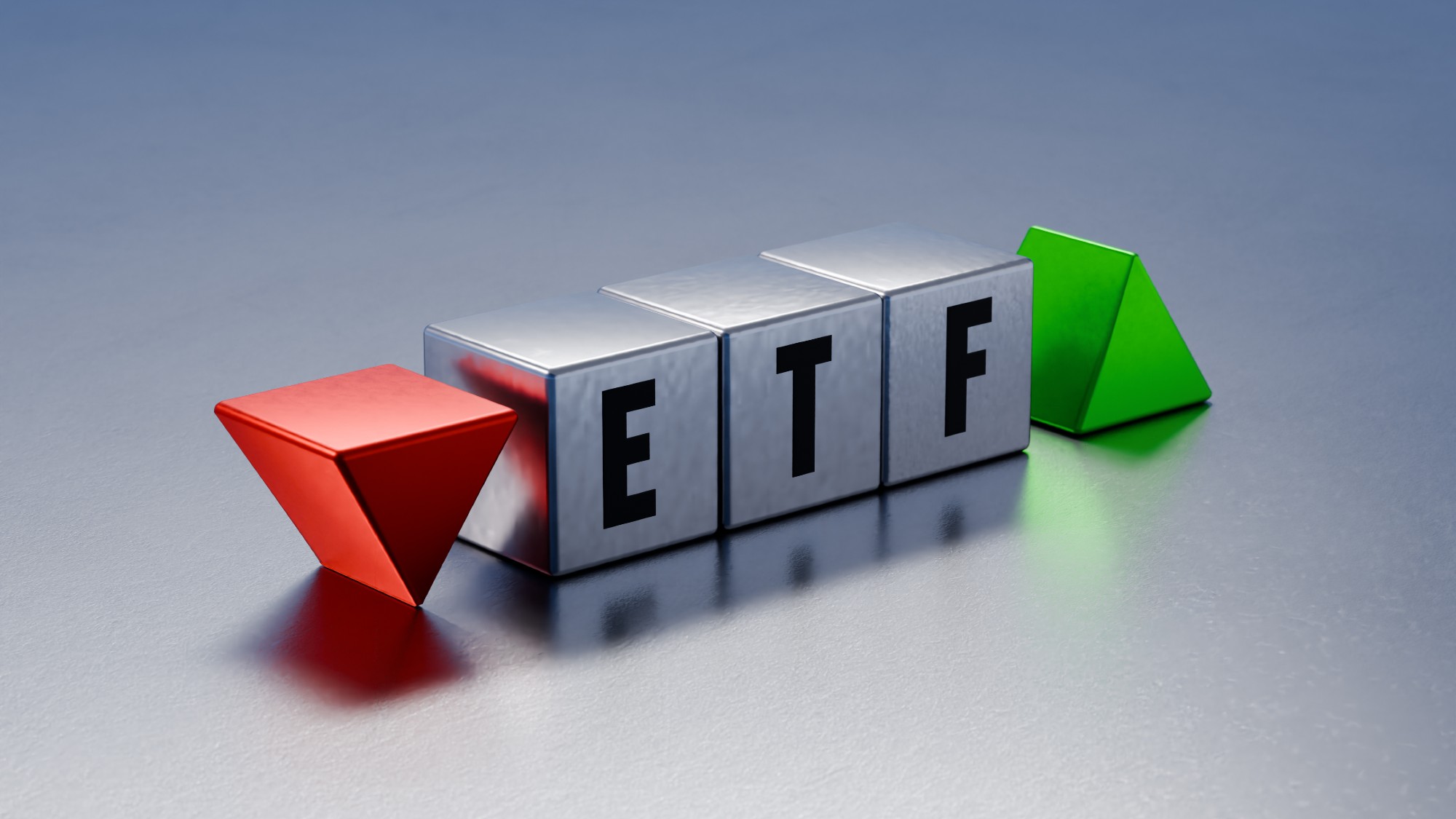Retail investors drive a flurry of IPOs
After years of slowness, companies like Klarna and Gemini are reviving the IPO market

A free daily email with the biggest news stories of the day – and the best features from TheWeek.com
You are now subscribed
Your newsletter sign-up was successful
The IPO market sprang back to life last week, said Bailey Lipschultz in Bloomberg. Six companies raised more than $4 billion in “the busiest period” for initial public offerings since 2021. The highlight was Klarna, the fintech firm that raised $1.37 billion and saw its shares pop 30% on their first day of trading. Gemini, a crypto exchange founded by the Winklevoss twins, and Figure, a crypto lender, also made strong debuts. For those using the flood of deals as a measure of “just how frothy the stock market is getting,” however, the reading was “mixed.” The median listing “opened 31% above the offer price,” which, while strong, doesn’t “point to unbridled enthusiasm.” Still, it was encouraging for the IPO market, which has been bottled up for years. “Roughly $29 billion has been raised on U.S. exchanges” so far this year, which “pales in comparison to the manic years during the pandemic.”
Conditions for an IPO rebound look favorable now, said Pan Yuk in the Financial Times. “Stock markets are at or near all-time highs, and the market is pricing in a high likelihood of an interest rate cut” this week. Much of the tariff drama from the Trump administration is behind us. Renaissance Capital anticipates 40 to 60 more U.S. IPOs “could raise roughly $10 billion” before the end of the year. It’s notable, however, that much of the IPO excitement “is being driven by companies from pumped-up sectors,” like AI and crypto. You can be sure that bankers will be rushing to use this window of market calm for listings, said Paul J. Davies in Bloomberg, because experience shows that it can slam shut quickly. “Industry and finance have adjusted to President Trump’s mercurial policymaking,” but “he hasn’t lost the power to shock with some new wild decision.”
Retail investors are playing a bigger role in IPOs than ever before, said Corrie Driebusch and Hannah Erin Lang in The Wall Street Journal. Individuals typically get about 6% of the IPO, with institutions buying up the bulk of the shares. But Gemini and others “earmarked nearly a third” of shares for retail investors, a sign of their growing influence on the actions of Wall Street. Retail demand is starting to change the dynamics of IPO pricing, said Madison Mills in Axios. “Typically, a bank handling an IPO would sell shares to a select group of institutions or funds” that it can work with to set the price. But companies are coming around to the idea that they want individual investors in their IPOs, and more management teams “want to engage retail from the beginning.” Retail investors create buzz, and they hang on to their shares longer than money managers who often sell as soon as the stock “pops” on the first day.
The Week
Escape your echo chamber. Get the facts behind the news, plus analysis from multiple perspectives.

Sign up for The Week's Free Newsletters
From our morning news briefing to a weekly Good News Newsletter, get the best of The Week delivered directly to your inbox.
From our morning news briefing to a weekly Good News Newsletter, get the best of The Week delivered directly to your inbox.
A free daily email with the biggest news stories of the day – and the best features from TheWeek.com
-
 Political cartoons for February 15
Political cartoons for February 15Cartoons Sunday's political cartoons include political ventriloquism, Europe in the middle, and more
-
 The broken water companies failing England and Wales
The broken water companies failing England and WalesExplainer With rising bills, deteriorating river health and a lack of investment, regulators face an uphill battle to stabilise the industry
-
 A thrilling foodie city in northern Japan
A thrilling foodie city in northern JapanThe Week Recommends The food scene here is ‘unspoilt’ and ‘fun’
-
 Received a windfall? Here is what to do next.
Received a windfall? Here is what to do next.The Explainer Avoid falling prey to ‘Sudden Wealth Syndrome’
-
 How to invest in the artificial intelligence boom
How to invest in the artificial intelligence boomThe Explainer Artificial intelligence is the biggest trend in technology, but there are fears that companies are overvalued
-
 What’s the difference between a bull market and bear market?
What’s the difference between a bull market and bear market?The Explainer How to tell if the market is soaring or slumping.
-
 What is a bubble? Understanding the financial term.
What is a bubble? Understanding the financial term.the explainer An AI bubble burst could be looming
-
 Is it a good investment to buy a house?
Is it a good investment to buy a house?The Explainer Less young people are buying homes, opting to rent and invest in the stock market instead
-
 What is day trading and how risky is it?
What is day trading and how risky is it?the explainer It may be exciting, but the odds are long and the risks high
-
 What to know about investing in ETFs
What to know about investing in ETFsThe Explainer Exchange-traded funds can be a great choice for beginners
-
 Housing costs: Is deregulation the answer?
Housing costs: Is deregulation the answer?Feature Washington, D.C.’s NoMa neighborhood is now leading the nation in new apartment construction